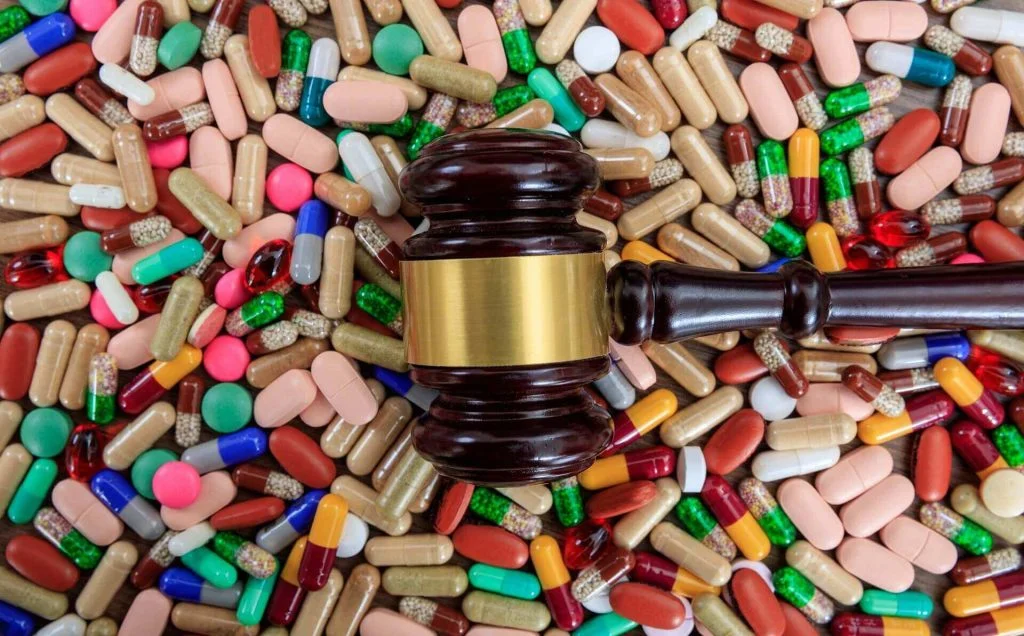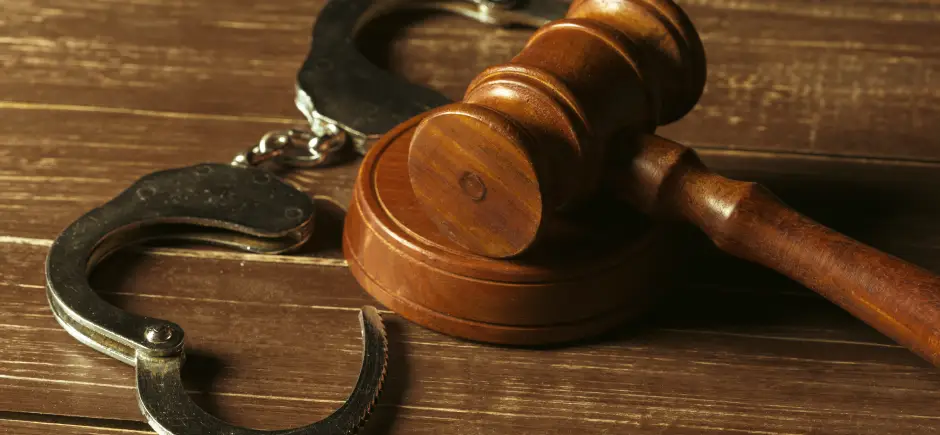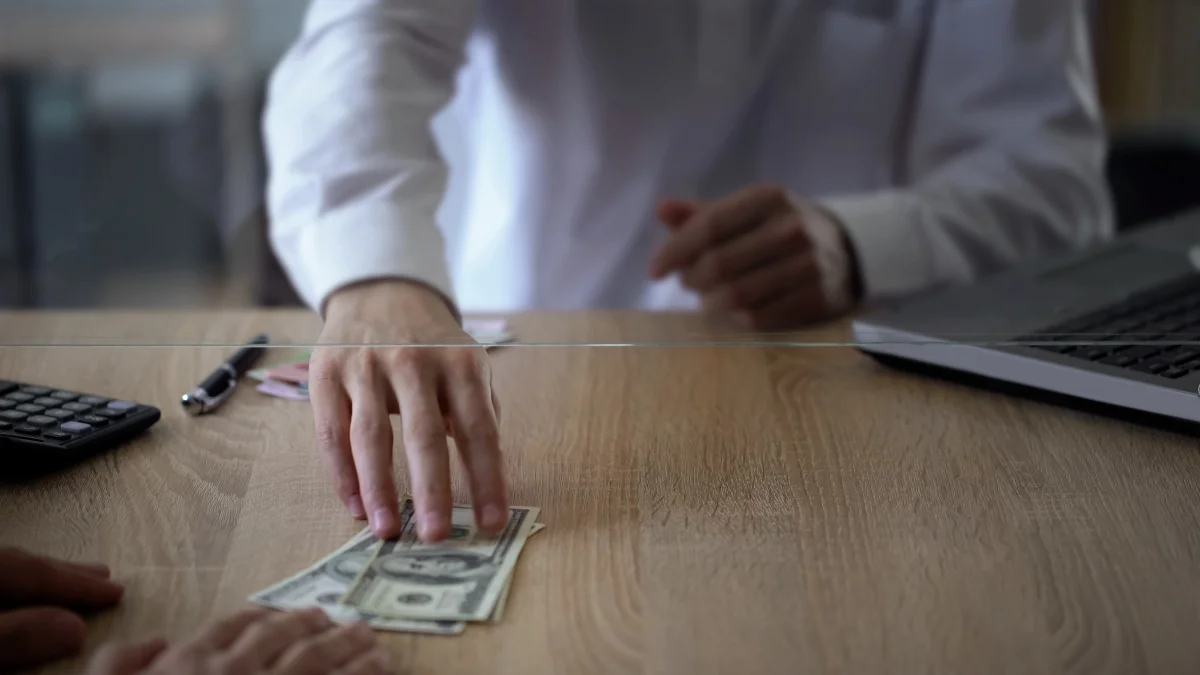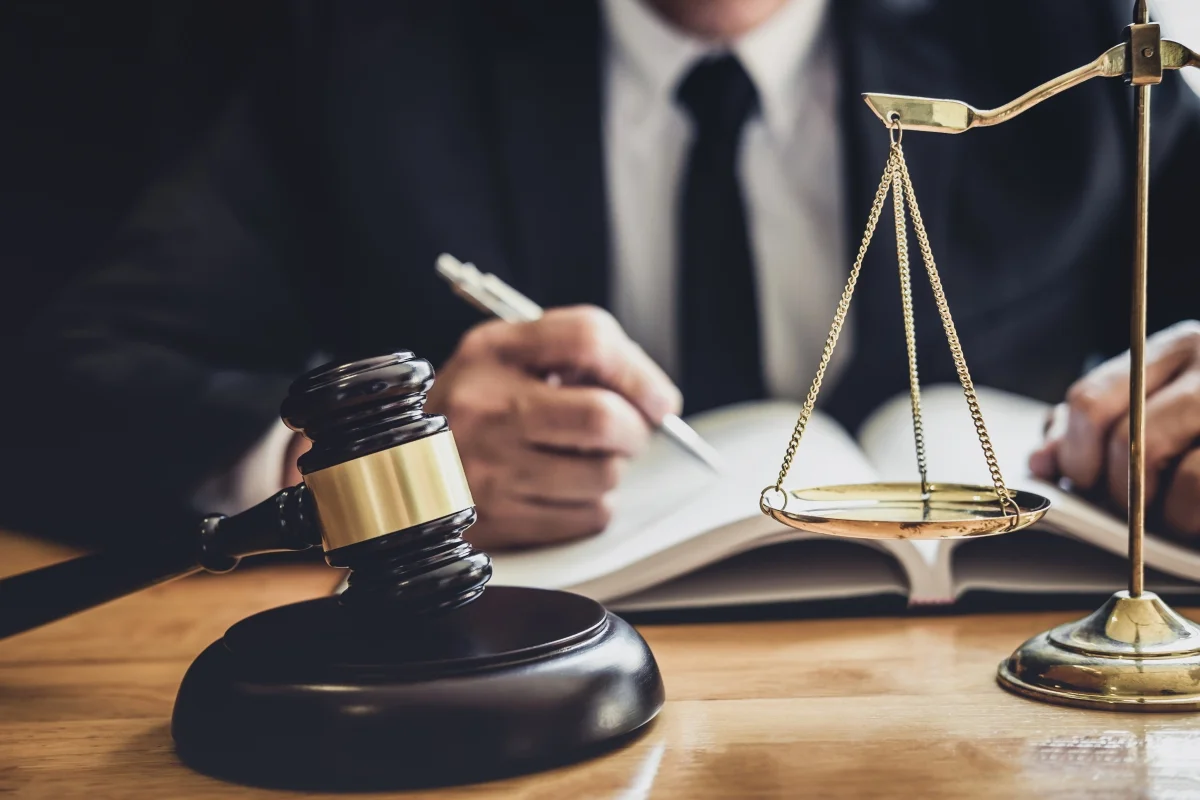Miami Drug Crime Lawyer
Miami Drug Crime Attorney

Miami and the greater South Florida area are a hotbed of narcotics activity. At both the federal and state level, large amounts of resources are put into investigation, arresting and prosecuting drug crimes. Depending on the kind of charges sought by the prosecution, individuals facing a drug crime can face minimum mandatory sentences, seizure of personal assets, and deportation from the United States. It’s critically important to retain an experienced Miami drug crimes attorney immediately to protect your family, assets, and freedom.
The Kirlew Law Firm has the experience and know-how you need to protect your rights in a drug crime case. Call our criminal defense attorneys today for a free phone consultation.
What are Drug Crimes?
Generally speaking, drug crimes fall into three categories: possession, sale, and trafficking.
Trafficking in narcotics is the last area that typically make up drug crimes. Trafficking charges are prosecuted on both the federal and state level. While the name of the charge may sound different depending on the statute or whether it is in state or federal court, at its core, the sale of a large quantity of narcotics or possession of a large quantity of narcotics is usually a trafficking case. Trafficking in narcotics has minimum mandatory sentences at both the federal and the state level. Trafficking charges are what every detective, DEA agent, and prosecutor is hoping for in an investigation. They want to catch unsuspecting people in the dragnet of a trafficking case.
Possession of Drugs

Possession charges are common on the state level; they are uncommon on the federal level. Simple possession of narcotics can be the run of the mill marijuana possession up to felony amounts of marijuana or other controlled substances that are charged as felonies.
If you are going to be charged with a drug crime at all, you want your lawyer to effectively reduce a sale or trafficking charge to simple possession. While simple possession is a serious offense that can lead to jail time or probation, there are no minimum mandatory prison sentences attached to the possession of narcotics.
Sales of Drugs
The sale of narcotics is also an offense that is common on the state level. This is typically charged when an individual is observed conducting hand to hand transactions, sells drugs to an undercover officer or an informant. Usually, police officers use narcotic sale charges to obtain search warrants and build a case for trafficking. A sale case, as we call it in the industry, is very serious and can range from a third-degree felony up to a first-degree felony. There are minimum mandatory sentences that apply depending on the drug sold, the distance from a school, church or park, or the prior record of the accused.
Trafficking of Drugs
Trafficking in narcotics is the last area that typically make up drug crimes. Trafficking charges are prosecuted on both the federal and state level. While the name of the charge may sound different depending on the statute or whether it is in state or federal court, at its core, the sale of a large quantity of narcotics or possession of a large quantity of narcotics is usually a trafficking case. Trafficking in narcotics has minimum mandatory sentences at both the federal and the state level. Trafficking charges are what every detective, DEA agent, and prosecutor is hoping for in an investigation. They want to catch unsuspecting people in the dragnet of a trafficking case.
What Drugs are Considered Illegal?
Drug crimes are often thought of as including street drugs such as marijuana, cocaine, and heroin. But in recent years, prescription drugs have made up a larger amount of the drug crime prosecutions. Local investigators and federal agents are increasingly interested in investigating and prosecuting clinics, pharmacies, pharmacists, business people, and accountants they believe are connected to large scale prescription drug abuse. Many times, unsuspecting employees find themselves caught in the sweep of a vicious and unrelenting prescription drug prosecution.
No matter the drug crime, whether it is in state or federal court, anyone who suspects that they are a target of an investigation or under arrest, needs a qualified and experienced Miami drug crimes attorney in their corner.
How Do I Know if I am Under Investigation for a Drug Crime?

Generally speaking, police officers and federal agents will only investigate the sale of narcotics and trafficking in narcotics charges. There is no sure fire way to know that you are under investigation. But there are certain clues you can pick up on. Look for these cues:
- A new person showing up that wants to purchase a small amount of narcotics as a “tester.”
- Someone that claims to have a new person to introduce you to.
- Someone that usually purchases small amounts and then all of sudden wants to purchase a large amount of narcotics like an ounce or more.
- An individual that all of a sudden has access to larger quantities of cash.
If you notice any of these circumstances, call our office today. Federal agents are notorious for purchasing narcotics over a long period of time to slowly build a case against an individual or an organization. By retaining counsel immediately, you can mitigate the damage that has been done.
What are the Penalties for Drug Charges?
In the state of Florida, drug crimes can be charged either as a misdemeanor or a felony offense. Generally, drug crimes are charged as felonies. The penalties you face for a drug crime in Miami depend on a variety of factors. These factors include:

- The type and amount of drug — drugs are categorized using the Schedule system which dictates their degree of illegality. The amount of that substance also plays an important role.
- If weapons were involved — If you were in possession of a weapon at the time of your arrest, you may face additional penalties.
- Prior record — You may face heightened penalties and be made ineligible for alternative sentences if you have prior drug convictions.
- Nature of the Offense — Drug possession is considered a lesser offense than the sale or trafficking of drugs.
These factors, along with other case specifics, determine your penalty. In some cases, you could face imprisonment in a county jail for up to 12 months if charged with a misdemeanor. If you’re charged with a felony, however, you could be sentenced to prison from anywhere from one year to life. In addition to jail time, you may face a financial penalty. These fines can range from $1,000 to more than $10,000.
When Should I Hire an Attorney?

If you are under investigation, have been arrested, or are being charged with a drug crime, time is of the essence. Many falsely believe that hiring an attorney after being accused of a drug charge is akin to an admission of guilt. In fact, hiring an experienced drug crimes attorney is the opposite. When you’re facing drug charges, it’s important to have professional legal counsel to help you fight and refute false accusations, illegally obtained information, and other measures.
Rather than aggravating the police, working with a drug crimes attorney can actually make negotiations and investigations easier for both parties. In many cases, working with a criminal defense attorney early on in your case could lead to reduced, or even dropped, charges.
The sooner you hire an experienced drug crimes attorney, the better off you are. If you hesitate, it could make it harder to defend your rights during the trial. If you want to beat these drug charges, avoid mandatory minimum sentences, and financial penalties, it’s in your best interest to contact our experienced drug crimes attorneys as soon as possible.
Contact Miami’s Preferred Drug Crimes Attorney Now
Facing drug charges? Call our offices immediately. Speak with Attorney Brian Kirlew. Anything you tell him is confidential and cannot be used against you. Additionally, you should cease all communications via phone, text or email with everyone other than immediate family. There should be no discussion about your case or the allegations in your case to anyone outside the presence of Brian Kirlew or his investigator Michael Rafael. That includes your family. You never know who is listening on the other end.

